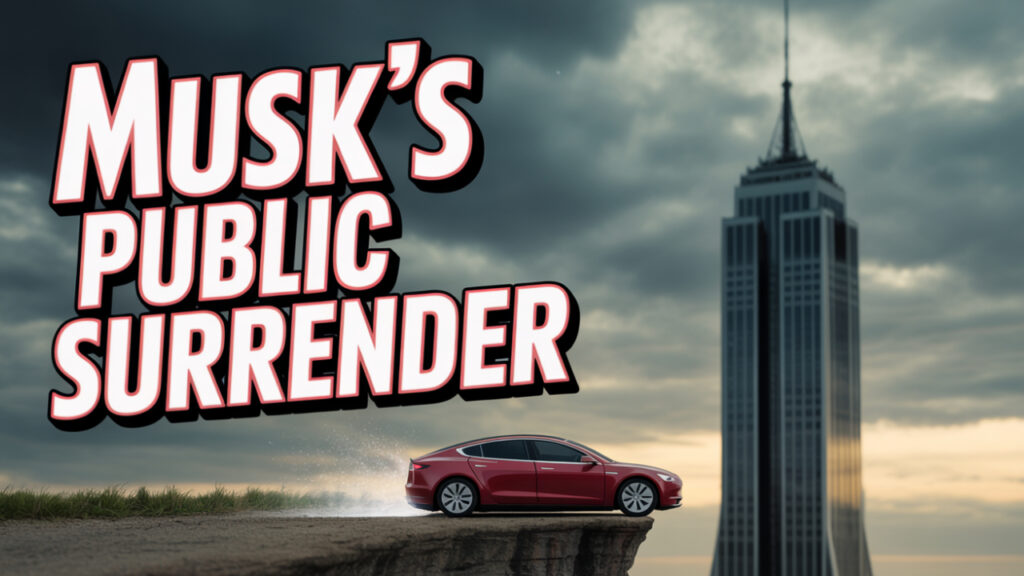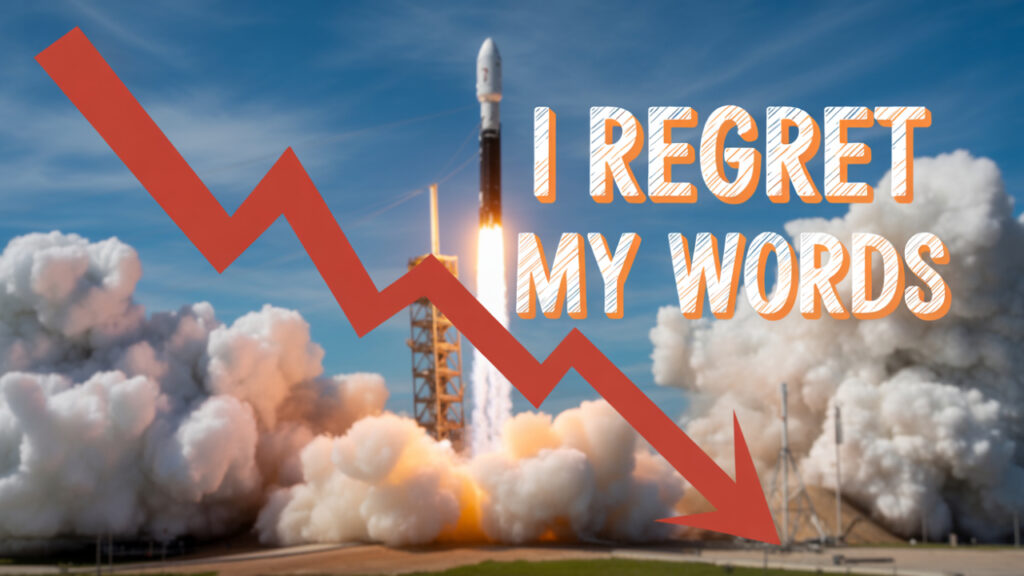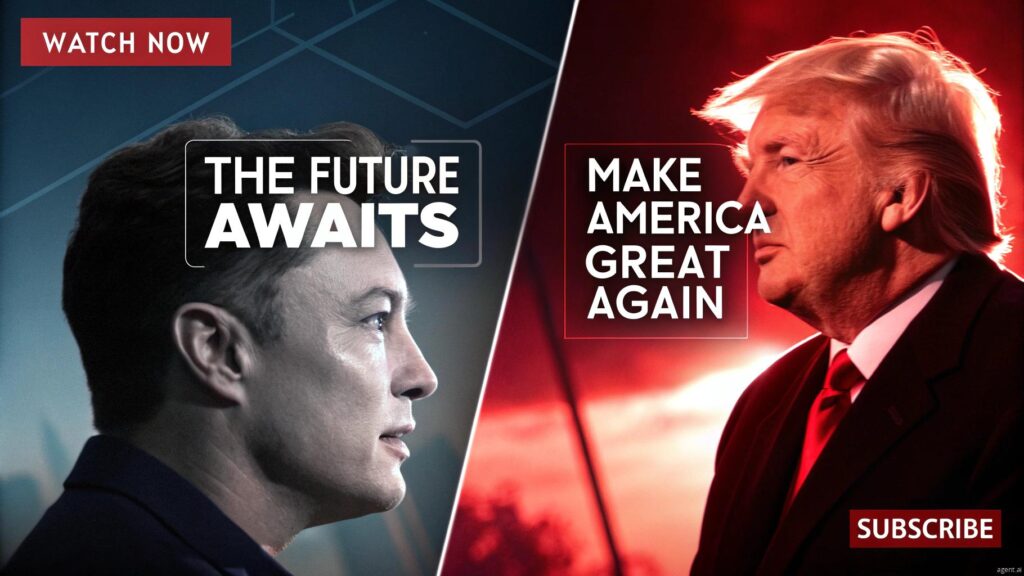By MRA Digital | June 12, 2025

It started with an outburst and ended with an apology. Not a quiet one, but the kind that ripples across markets, institutions, and ideologies. At the center stood two of the world’s most controversial figures — Elon Musk, a billionaire inventor known for defying norms, and
Donald J. Trump, the sitting President of the United States, back in power and more dominant than ever before.
In early June 2025, the relationship between these two titans turned from cautious alignment to open confrontation. It was not a misunderstanding. It was a political explosion triggered by policy, pride, and power.
The Spark: “One Big Beautiful Bill”
The immediate cause of this fallout was President Trump’s ambitious economic legislation, dubbed the “One Big Beautiful Bill”. The bill was large in scope and controversial in substance. According to critics like Musk, it injected trillions into the system without offering real innovation support. Elon Musk took to his own platform, X (formerly Twitter), to express his discontent.
He called the bill a “disgusting abomination”, accused it of promoting political corruption, and added that it was “full of pork”. The posts grew bolder, rapidly shifting from policy critique to personal accusation. In a now-deleted thread, Musk implied that President Trump was hiding details related to Jeffrey Epstein. He even called for impeachment and suggested Vice President JD Vance as a better alternative.
It wasn’t just noise. It was calculated defiance.
Trump’s Retaliation: Political Force Unleashed
President Trump, known for his media mastery and confrontational style, responded with precision. In public rallies and closed-door meetings, he made clear that Musk had crossed a line. His response was not just verbal. Trump threatened to revoke key contracts awarded to SpaceX, suggested a review of Tesla’s regulatory benefits, and mocked Musk’s leadership on social media and cable news.
Supporters of the President began echoing his words, labeling Musk as ungrateful and out-of-touch. Republican lawmakers hinted at hearings to examine x AI’s data practices, and multiple conservative think tanks began raising questions about Tesla’s government incentives.
In short, the power of the presidency was no longer subtle. It was activated.
The Collapse Begins: Market Panic and Strategic Pressure
Within days, the economic damage began. Tesla’s stock dropped nearly fifteen percent, eliminating billions in market value. SpaceX’s pending contracts with NASA and the Department of Defense were rumored to be under review. Investors grew anxious, and some began publicly demanding that Musk issue a statement to protect shareholder value.
Behind the scenes, lobbying firms began distancing themselves from Musk. Financial analysts openly debated whether the Tesla founder had finally gone too far. Internal leaks from Musk’s own companies revealed alarm over how quickly Washington had turned on them.
It wasn’t just about business. It was about survival.

The Apology: A Quiet Call, A Loud Regret
On Monday night, Musk made a personal phone call to the White House. That call, confirmed by sources close to Vice President JD Vance and Chief of Staff Susie Wiles, was short and somber. It was not a negotiation. It was a request to de-escalate.
By Tuesday morning, Musk posted on X:
“I regret some of my posts about President @realDonaldTrump last week. They went too far.”
The posts calling for impeachment were deleted. The Epstein references vanished. And the apology simple, brief, and deliberate marked one of the few times Musk had ever walked back public statements without justification.
Trump responded shortly after, stating, “It was a very nice thing he said. I’ve got no hard feelings.”
The conflict ended. But the cost was visible.
Why Did Musk Back Down?
Musk did not back down because he was convinced. He backed down because the alternative was worse. Tesla’s future depends on regulatory alignment. SpaceX thrives on federal funding and permissions. His AI projects need government cooperation. In that moment, the billionaire realized that his influence was not immune to presidential power.
His empire was at risk of collapse. Government retaliation, even if unofficial, could have set off a chain reaction stock crashes, loss of investor confidence, and frozen contracts. For a man building self-driving cars, neural implants, and space stations, that’s more than inconvenience. It’s extinction.
His apology was not surrender. It was insurance.
What If He Had Not Apologized?
Had Musk refused to apologize, several scenarios were already being discussed:
• Federal agencies could have re-evaluated safety compliance for Tesla vehicles, delaying upcoming model certifications.
• SpaceX might have been excluded from national defense partnerships, including classified projects.
• xAI could have faced data compliance investigations, damaging its expansion and credibility.
• Politically aligned investors might have pulled back funding, citing “instability risk.”
In short, Musk could have lost access to the very systems he needs to lead the future.
Trump’s Victory: Quiet, but Total
For President Trump, this moment was not about revenge. It was about reaffirmation. Musk’s apology was more than words it was a public symbol that no individual, no matter how rich or innovative, can defy the presidency without consequence.
Trump didn’t have to punish Musk. He let the market do it.
He didn’t have to demand loyalty. Musk offered it, even if reluctantly.
It was one of the most defining presidential moments of Trump’s second term. A billionaire had tested the system and the system won.

What Happens Now?
Post-apology, Tesla’s share prices stabilized and rose 2.6 percent in pre-market trading. Reports confirm that SpaceX contract negotiations have resumed. Lobbyists returned to the table, and tech journalists noted a more careful tone in Musk’s recent interviews.
But the question remains has Musk truly changed?
Insiders believe he has become more cautious, at least temporarily. He now understands that in a world where political dynamics shape capital markets, public messaging must balance boldness with strategy.
His critics, however, see the apology as hollow. They believe Musk’s silence is only temporary, and that the next conflict may be even larger.
Final Reflection: Pride vs Power
In the end, this is not a story about tweets. It is a story about tension between innovation and governance. Elon Musk can build the most powerful rockets and the smartest AI tools in the world. But none of that matters when the government he operates under decides to close its doors.
In 2025, the richest man in the world had to say five difficult words to keep his dream alive:
“I regret what I said.”
Those words may have saved his companies. But they also revealed the real algorithm behind modern power:
Politics still rules the code.










